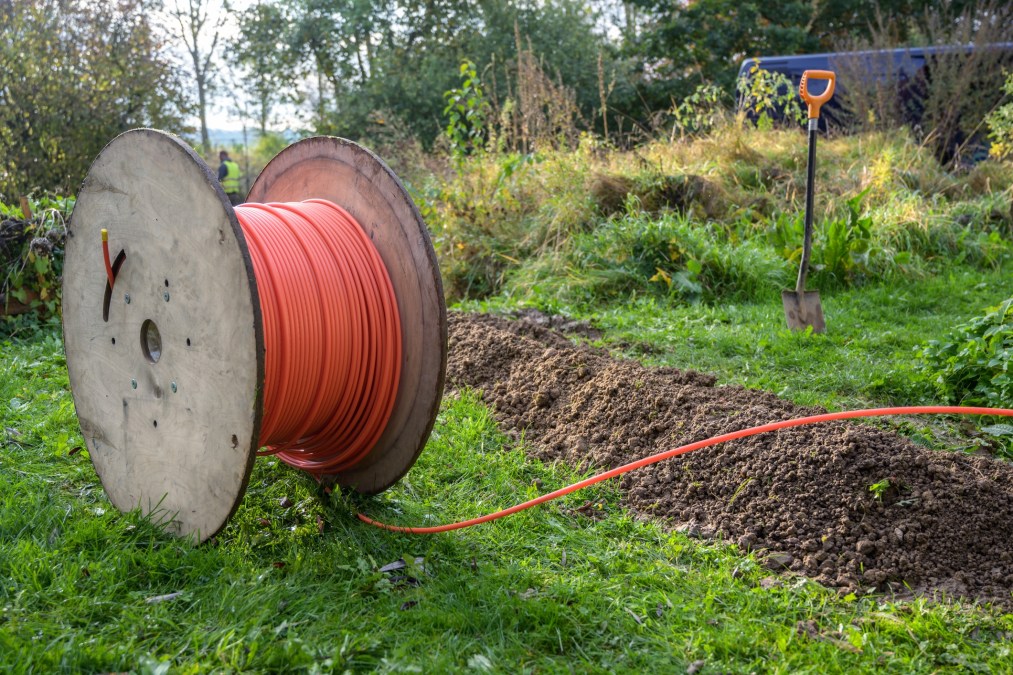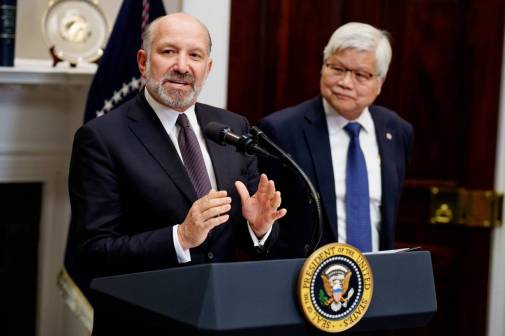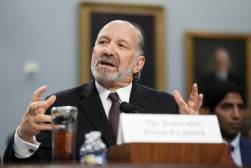Colorado broadband office sizes up interest ahead of $500M grant program

The Colorado Broadband Office on Wednesday announced the launch of a new grant program as it prepares to pump $500 million into expanding high-speed internet access.
The broadband office, part of the Office of Information Technology, called on providers to submit letters of intent before July 18 to gain their chunks of the federal funding. The grants draw on broadband programs led by the U.S. Treasury Department and National Telecommunications and Information Administration, including the $45 billion Broadband Equity, Access, and Deployment, or BEAD, program created by last year’s federal infrastructure law.
Brandy Reitter, executive director of the Colorado Broadband Office, said in a press release that the state’s investment in broadband was spurred along by the heightened demands for internet access during the COVID-19 pandemic.
“We want to ensure that all Coloradans have affordable, equitable and reliable access to high-speed internet. The Advance Colorado Broadband grant program will develop infrastructure to support our residents now and well into the future,” she said.
In addition to funding from the BEAD program, Colorado also draws on funding from the American Rescue Plan’s Capital Funds Project, the Enabling Middle Mile Program and the Digital Equity Act, another product of the federal infrastructure law that’s expected to begin delivering funding in 2024.
The state says it’s considering waiving in-kind match requirements for “economically disadvantaged” communities and that more detailed information on matching requirements will be made available “soon.” Officials said the state plans to begin accepting applications for the state’s broadband grant program in early 2023.
Colorado’s announcement is one of many efforts around the country as states grab pieces of the federal programs designed to boost digital access. In May, already 34 states and territories had signaled their intention to apply for the BEAD program, NTIA officials said at the time.
Access to high-speed internet is still absent in many rural communities and low-income urban neighborhoods. Only about 72% of rural households report having a broadband connection, compared to 79% of suburban households and 77% in cities, according to a 2021 survey by Pew Research.






